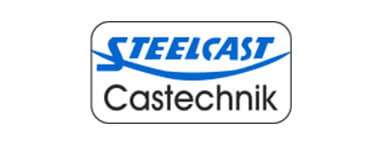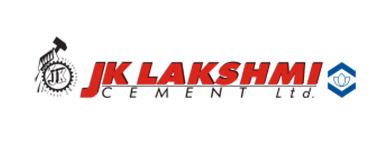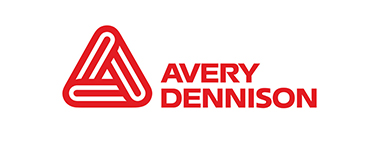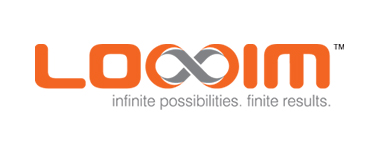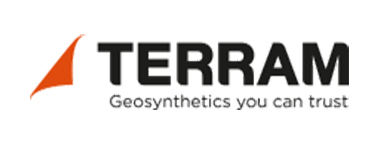
Frequently Asked Questions on ISO 9001
Clause 4: Context of the organization - This clause requires organizations to determine the internal and external issues that are relevant to their QMS and interested parties' needs and expectations.
Clause 5: Leadership - This clause outlines the requirements for top management to demonstrate leadership and commitment to the QMS, establish policies, and ensure that the QMS achieves its intended outcomes.
Clause 6: Planning - This clause requires organizations to plan and develop processes to address risks and opportunities, establish quality objectives, and plan for changes to the QMS.
Clause 7: Support - This clause requires organizations to provide resources, including personnel, infrastructure, and information, to support the operation and monitoring of the QMS.
Clause 8: Operation - This clause requires organizations to plan, implement, and control the processes necessary to meet customer requirements and enhance customer satisfaction.
QMS tools are software applications or platforms that help organizations manage and improve their Quality Management System (QMS) by automating and simplifying processes, providing real-time visibility into quality data, and facilitating collaboration among team members. Examples include document control software, audit management software, and non-conformance tracking software.
Various types of companies can benefit from implementing ISO 9001:
- Manufacturing firms
- Service-oriented organizations
- Construction companies
- Healthcare organizations
- Government agencies
- Education institutions






